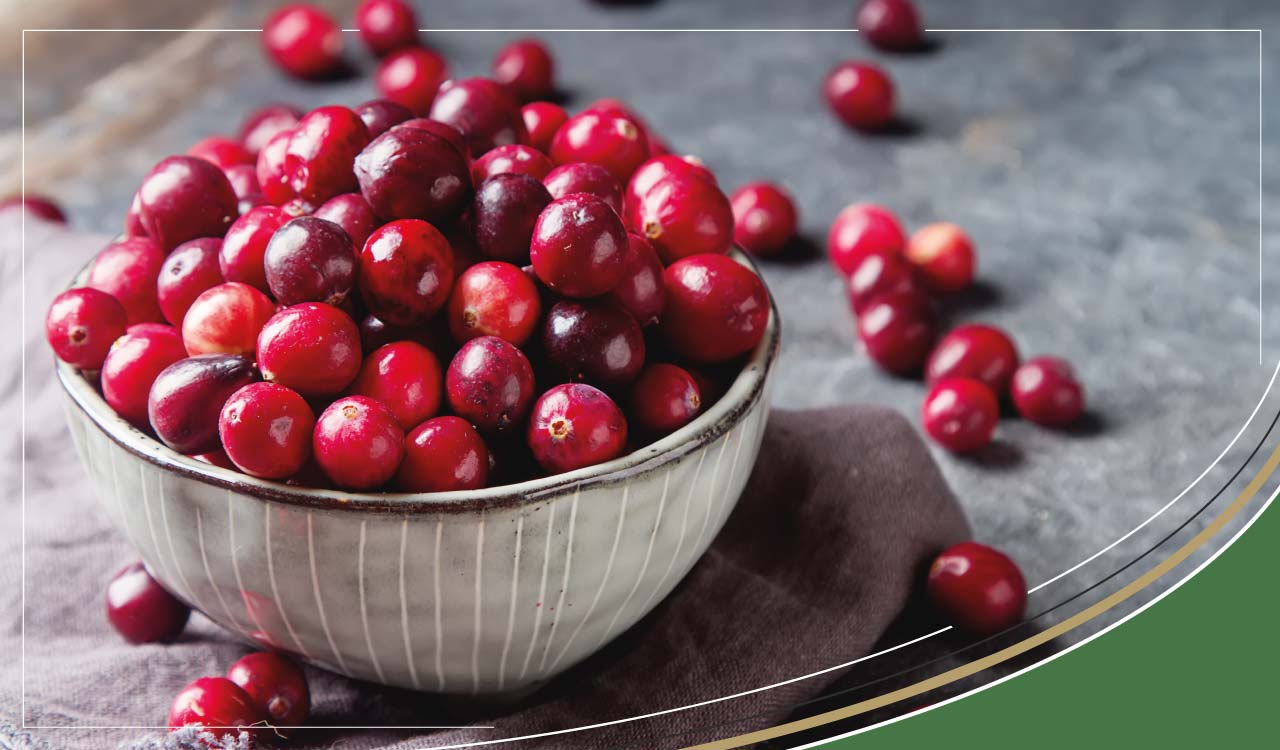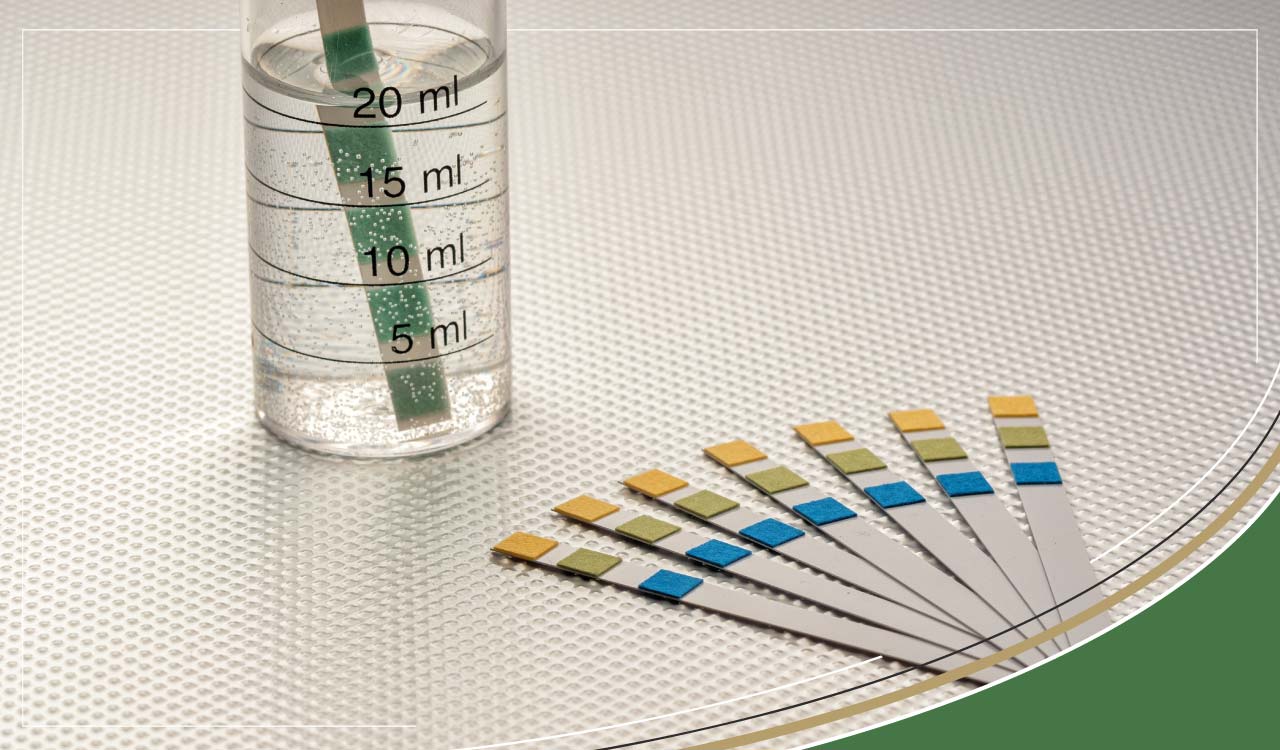Can Cranberry Really Prevent UTI?

Cranberry is often recommended as a home remedy for Urinary Tract Infections, but is it really the best option?
E. coli is an acid tolerant bacterium, multiplying fastest in a pH of between 5 and 7, and slowing down in a neutral to alkaline pH of between 7 to 8. As cranberry produces Hippuric Acid in the urine, it provides E. coli and other UTI causing bacteria a suitable environment in which they can rapidly multiply. Who knew?
This is completely at odds with almost everything you read or hear about Cranberry.
What do the Cranberry Studies Say?
In a study of Cranberry Capsules, reported by MedicalNewsToday.com , Dr. Timothy Boone, PhD, of the Texas A & M College of Medicine, concluded Cranberry Capsules lowered the risk of UTI after gynecological surgery by 50%.
To understand this apparent contradiction, we need to understand the difference between Cranberry Capsules and Cranberry Juice. We know that the active ingredients in cranberries prevent bacteria from adhering to the bladder wall. Doctor Timothy Boone went on to explain:
It takes an extremely large concentration of Cranberry to prevent bacterial adhesion... Cranberry juice, especially the juice concentrates you find at the grocery store, will not treat a UTI or bladder infection.
A well publicised and controversial Study on the effects of Cranberry Juice on UTI , funded by Ocean Spray, an association of cranberry farmers, and authored by two Ocean Spray employees, was all but debunked by the National Health Service, not long after it was published in the American Journal of Clinical Nutrition. Additionally, the European Food Safety Authority concluded there was insufficient evidence Ocean Spray reduced the risk of UTI .
The Ocean Spray study showed a modest reduction in the prevention of UTIs, rather than the effectiveness of treating a current UTI or its symptoms. The study also excluded women with a high risk, or history of UTI, and used a non-commercial form of Cranberry Juice.
A 2016 study of 185 female nursing home residents by the Journal of the American Medical Association on the effects of Cranberry on Bacteriuria and Pyuria , determined that Cranberry Capsules, compared with a placebo, "did not have a significant effect on the presence of bacteriuria plus pyuria" over the course of a year.
There may be limited positive outcomes, for specific demographics of the population, if cranberry is ingested in a highly concentrated form, over a long period of time. If we delve deeper into the causes of Urinary Tract Infection, we find there are several types of bacteria capable of causing infections. Gram-negative bacteria like E. coli and Klebsiella are the cause of up to 95% of Urinary Tract Infections. In some cases, the Proteus Mirabilis strain of bacteria may also cause UTIs. Cranberry may be useful against Proteus type infections because of their reduced proliferation rate in acidic urine. Proteus Mirabilis produces CO2 which increases uroepithelium toxicity, essentially having the exact opposite effects of E. coli, which produce alkalis. If you have a Proteus infection, Cranberry and Vitamin C may be slightly beneficial. You are more likely to contract Proteus if you have recently been catheterised, or undergone bladder surgery.
For stubborn cases of UTI, having a specialist identify the specific causal strain of bacteria is recommended. Once the pathogen, or combination of pathogens, have been identified, your Doctor will be better equipped to treat it.
Cranberry plus Vitamin C
Vitamin C, in the form of Ascorbic Acid, which is a man-made synthetic form of Vitamin C, taken alongside Cranberry, may also aggravate symptoms of UTI. The body is incapable of storing excess Vitamin C in any form, and most of it filters into the urine. This provides any acid-tolerant bacteria present in the urine with a prime source of nutrients. A buffered form of Vitamin C, such as Calcium Ascorbate, which is less acidic than Ascorbic Acid, should be used instead.
Cranberry may also hinder the effect of antibiotics. Many antibiotics work by destroying the cell walls of bacteria. Hippuric Acid in the urine (from cranberry) initially destroys bacteria with acid-susceptible cell-walls, leaving only thicker-skinned acid-resistant individuals to multiply. This may increase bacterial resistance to any prescribed antibiotics.
Avoiding acidic foods (Cranberry, Ascorbic Acid Vitamin C, alcohol, red meat, coffee, sugar), reduces the acids that are one of the bacteria's primary sources of nutrition, effectively starving them. Citrate salts such as potassium citrate, magnesium citrate, calcium citrate or sodium citrate help alkalise the urine which significantly slows bacterial growth.
Cranberry plus D-Mannose
As with cranberry, the active ingredient D-Mannose can only be found in trace amounts in the food we eat. Eating fresh fruit and vegetables as part of a healthy diet will have preventative health benefits in the long term, but will not immediately alleviate the symptoms of a current infection. Studies have shown, D-Mannose alone can effectively prevent and treat recurrent UTI. Mixing Cranberry and D-Mannose is not recommend because of the counter-active effects of the Hippuric Acid produced by Cranberry.
Who should avoid taking Cranberry?
A one ounce (28 gram) serving of cranberry contains about 7.4mg of sodium, which can interact with Warfarin or other blood thinning medication. People with high blood pressure, or who have a greater tendency toward kidney stones, should consult their Doctor before consuming any large amounts of cranberry juice or cranberry supplements. If you have an aversion to acidic products, you may also want to avoid cranberry.
So what is the best Cranberry Juice?
There is no widely accepted scientific evidence that Cranberry Juice treats a current UTI. Studies have shown concentrated cranberry in the form of capsules may help prevent UTI in the longer term, in low risk, healthy young women with little to no history of UTI. For general health and well-being, the best Cranberry Juice would be around 20% pure (pure Cranberry Juice is unpleasant to the taste because of its low pH), unsweetened and have no other artifical additives.
 Free Shipping on orders $70+ USD
Free Shipping on orders $70+ USD
 Courier & USPS Deliveries Available
Courier & USPS Deliveries Available
 Read Thousands of Independent Reviews
Read Thousands of Independent Reviews


















